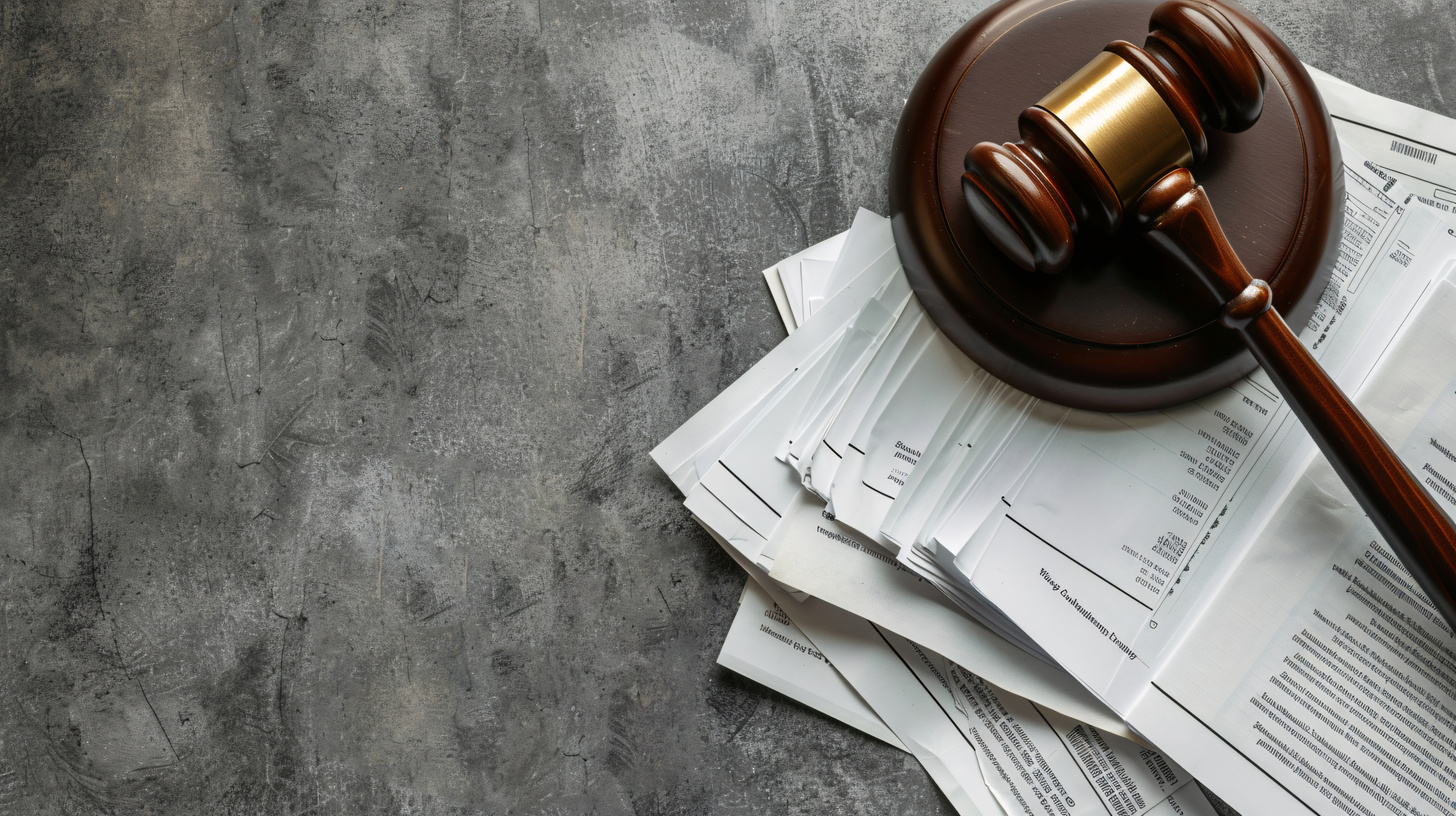
The two parties in a civil lawsuit are plaintiff and defendant. Take a debt collection case. The plaintiff is the person filing suit to recover the money owed to him. Meanwhile, the defendant is the person who owes the money. What if the defendant fails to participate? In all likelihood, the case will conclude with a default judgment.
A default judgment is in judgment automatically entered in the favor of the plaintiff. Because the defendant fails to participate, the court simply assumes that the plaintiff is in the right and awards that party accordingly. Would you believe it if I told you that this very scenario happens more often than not?
Defaults in Debt Collection Cases
Pew research from 2021 reveals that nearly half of all the cases on civil court dockets are debt collection cases. That same research reveals that more than 70% of such cases end with a default judgment. There could be any number of reasons explaining why.
For starters, Pew says that most debt collection cases involve a business and a consumer. The business is represented by an attorney while the consumer attempts to defend himself without legal representation. Typically, a lack of legal representation ultimately means that the defendant does not participate in the case in any meaningful way.
A defendant without an attorney might not know how to respond to the subpoena issued when the lawsuit against him is first filed. Rather than asking for help, he simply ignores the subpoena. Or perhaps he answers the subpoena but then fails to show up in court on the scheduled date.
There are multiple ways to fail to fully participate in a debt collection lawsuit. To the court, how the defendant fails to participate is of little concern. What matters is that the defendant’s lack calls for a default judgment against him.
After the Judgment Comes Enforcement
A default judgment in a debt collection case will include the original amount owed to the creditor. On top of that, the defendant will likely be held responsible for the plaintiff’s attorney’s fees and court costs. In states that allow it, interest in penalties will be tacked on.
Judgment enforcement, which is to say collecting the amount owed, is up to the creditor and its attorney. Creditors often choose to bring in specialized collection agencies like Salt Lake City Utah’s Judgment Collectors.
Bringing in a collection agency frees up the creditor’s attorney to do other things. And depending on the agency’s fee structure, it could actually be cheaper to hire an agency rather than having the attorney handle collection.
Not Participating in Collection

A big issue for judgment creditors is having to deal with a debtor who doesn’t participate in collection any more than he did the original lawsuit. He doesn’t respond to interrogatories. He does not volunteer employment information, reveal his income, or report any of his assets.
Uncooperative debtors make enforcement more difficult. But for an agency like Judgment Collectors, difficult does not mean impossible. A good agency knows how to work around a lack of debtor cooperation. The agency knows how to run asset searches and conduct skip tracing. No matter the challenge, a good agency stands a far better chance of collecting than a creditor trying to do it alone.
In closing, bear in mind the judgment collection is completely separate from obtaining a default judgment. A default judgment is just one kind of judgment a court could enter in a debt collection case. But once entered, every type of judgment is subject to a creditor’s collection efforts.
